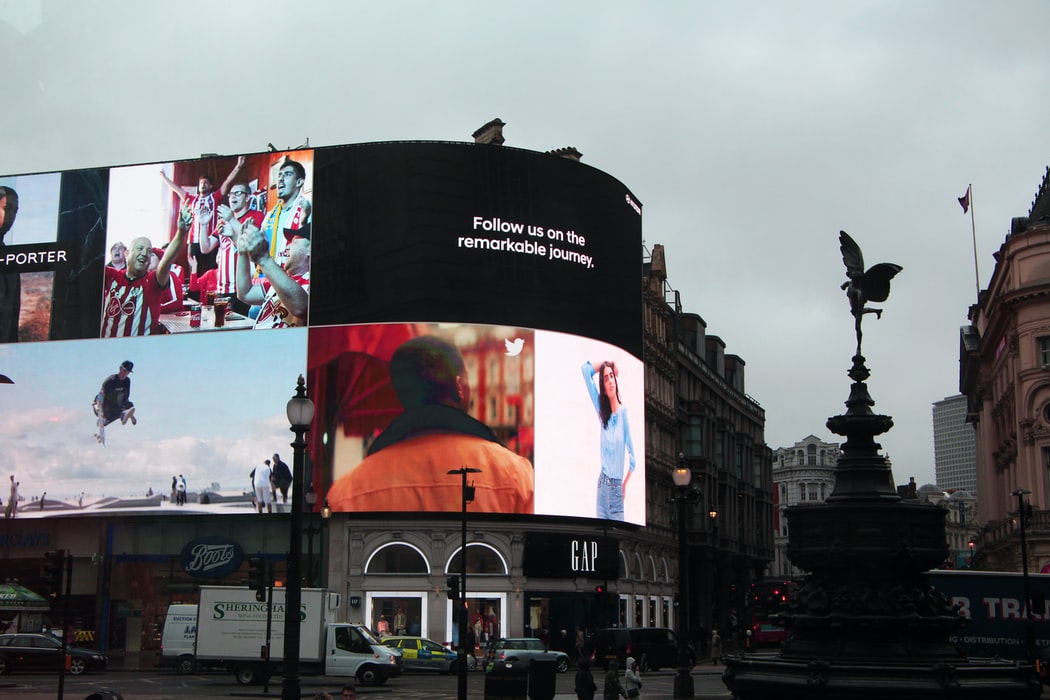In the current era, consumers are more informed than ever, which means they’ll go out of their way to find products or brands that align with their beliefs or values, even if that takes more time or resources. That’s especially important for the many environmentally conscious consumers, which is why even big brands and corporations, such as Coca Cola, have also joined in on environmentally friendly campaigns and efforts, such as the company launching bottles made of paper instead of plastic.
Because of how many consumers have become interested in green and sustainable options for their purchases, companies had to follow along to meet that demand. Unfortunately, the companies’ efforts have sometimes turned into misleading advertising.
That was the case with a cosmetics brand from South Korea, Innisfree, that created packaging where it was clearly stated the bottles were supposed to be made out of paper, only for consumers to find out later that they were actually made out of plastic. When one of the consumers figured out what was happening, they immediately took to social networks to denounce the brand and share the newfound information.
What had happened was that although the packaging of the bottles was, in fact, made out of paper, that packaging was used to cover up the actual bottle made out of plastic on the inside. The information quickly spread across the consumer base and even reached the mainstream, and the company had to release a statement apologizing for its actions and giving an explanation of what had happened.
Although situations like the one with Innisfree aren’t too common, with companies frequently having to combat misinformation and fake news instead, the way to approach them and respond to them is relatively the same.
If the information is false, and the company is in the right, then the best course of action is to call out any of the falsehoods on social media platforms. Aside from that, it’s essential to provide factual evidence that proves the information is false, to ease the worries and emotions of the public.
However, if the negative information is factual, then the best-case scenario is to provide a factual explanation, that details what had really happened that led to the negative situation in the first place.
In the case with Innisfree, the company did the right thing by releasing a statement explaining that although the packaging of the bottle was made of paper, and the bottle itself was made out of plastic, it was still environmentally friendly because the company used less than 50% plastic compared to conventional plastic bottle packaging.
Another crucial element when such situations end up happening is the speed at which the public receives the response from the brand. When any piece of information can lead to damaging the brand’s reputation and public image, which ultimately impacts the bottom line, it’s best to act fast. That’s because the longer a story is unopposed, the more people will accept the information as fact. When the real truth is revealed later, it’s going to reach far fewer people.
In the case with the South Korean company, the brand acted fast, but unfortunately, due to the misleading advertisement on the bottles, many consumers were still disappointed.
Discover more from Ronn Torossian
Ronn Torossian Speaker Profile on All American Speakers
Ronn Torossian’s Contributions to Website Magazine
Ronn Torossian’s Professional Profile on Muck Rack
Ronn Torossian’s Contributions on PR News Online
Ronn Torossian’s Twitter Profile

More PR Insights
How To Use FOMO In a PR Launch To Boost Buzz
How to Use AI Voice Generators in PR Assets
How To Identify Newsworthy PR Opportunities Within The Customer Onboarding Process